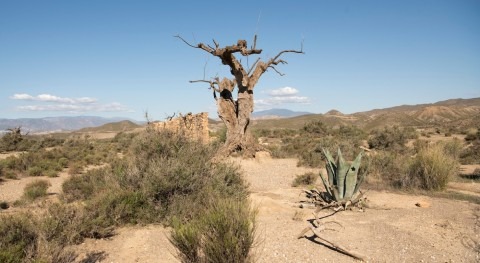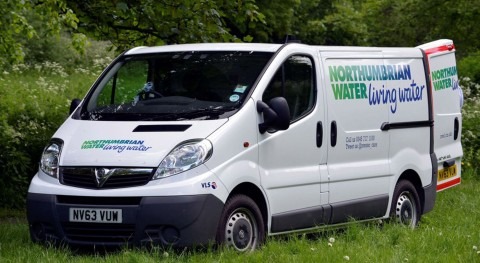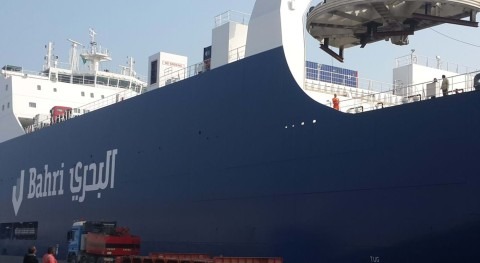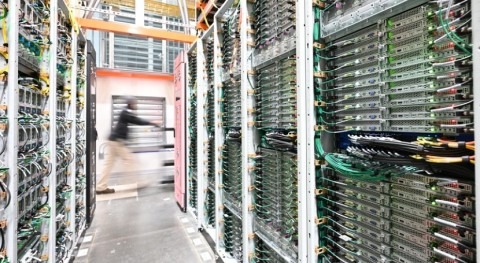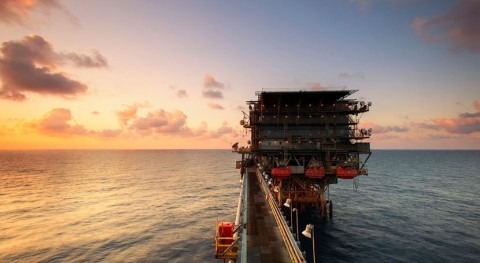Some of the world's largest mining companies are collaborating with the South African government on a R27 billion (US$1.5 billion) water project aimed at supplying major platinum and chrome operations, as well as hundreds of thousands of people with drinking water, reports Bloomberg.
Glencore and Anglo American Platinum are among the companies striving to secure half of the required financing by the end of the year, while the remaining funds will be sourced from municipalities and the government.
According to Bertus Bierman, CEO of the Lebalelo Water Users Association, the companies involved in the project are in discussions with approximately 10 local and international banks for funding.
Spanning approximately 170 kilometers across the Limpopo province in northeastern South Africa, the project is anticipated to be finalized by 2030.
This initiative represents a significant departure from the usual approach in South Africa, where the state has historically led water infrastructure projects, particularly of this magnitude. Following years of neglect and mismanagement, the government is now seeking investment in infrastructure and operational support across various sectors, including power plants, rail routes, and water facilities.
Bierman stated in an interview that this project could introduce a new model in South Africa, with the government acting as the regulator while private entities, in partnership with governmental institutions, take on more on-the-ground responsibilities. Construction is targeted to commence early next year.
Glencore, a global coal and metals mining and trading company, operates a chrome smelter in the region, while Anglo Platinum, a subsidiary of Anglo American, is the largest platinum producer worldwide.
Lebalelo Water Users Association plans to construct 400 kilometers of pipelines, delivering 250 million liters of water per day, which is approximately one-third of Cape Town's daily consumption. The project will also provide water to the city of Polokwane and the town of Mookgophong, located north of Johannesburg. Lebalelo's 16 members include Impala Platinum, Northam Platinum, the Department of Water and Sanitation, the Sekhukhune District Municipality, and the Mogalakwena Local Municipality.
Separately, the state-owned Development Bank of Southern Africa is establishing a $1.4 billion facility, which will involve private investors, to fund water reuse projects. Collaboration between state-run companies from the Netherlands and Spain and their South African counterparts is also underway to fund construction projects in the country.
If the Lebalelo Water Users Association's plan succeeds, the model could be replicated in other regions of South Africa. Bierman mentioned that some of the participating companies are beginning discussions on a similar energy initiative aimed at generating electricity for mines and communities, which could carry a price tag of around R40 billion.
The project will be executed in phases, with PricewaterhouseCoopers arranging the funding. Bierman refrained from disclosing the names of the banks involved in the confidential negotiations.
This project is one of several initiatives undertaken by the South African government to address the country's deteriorating water infrastructure.



